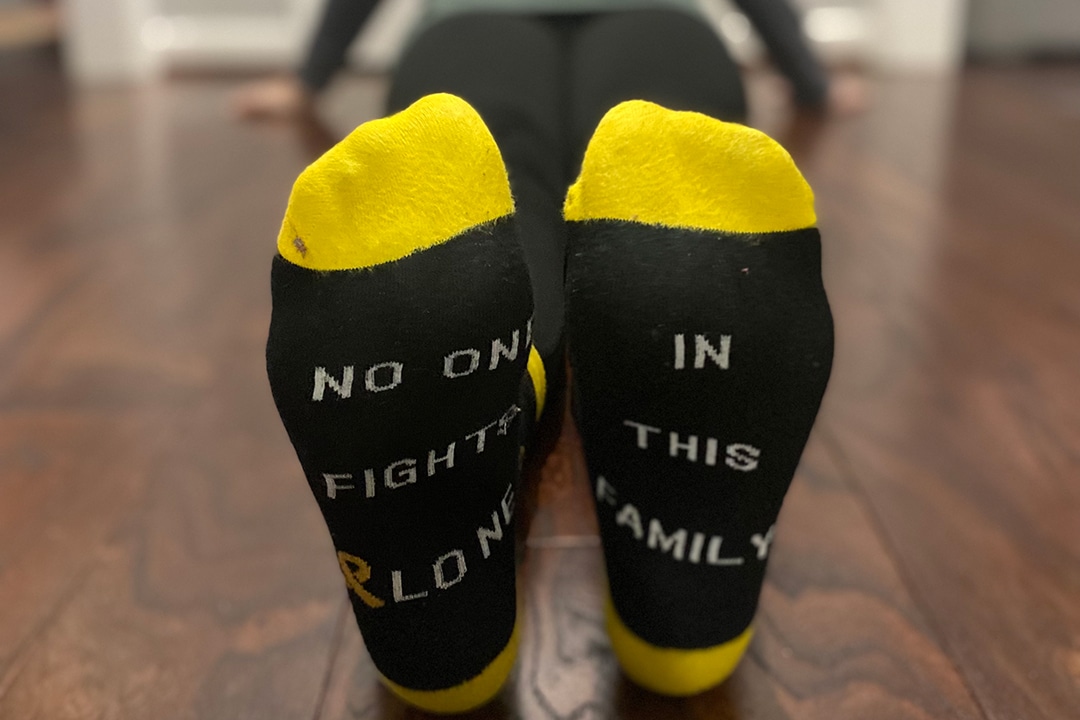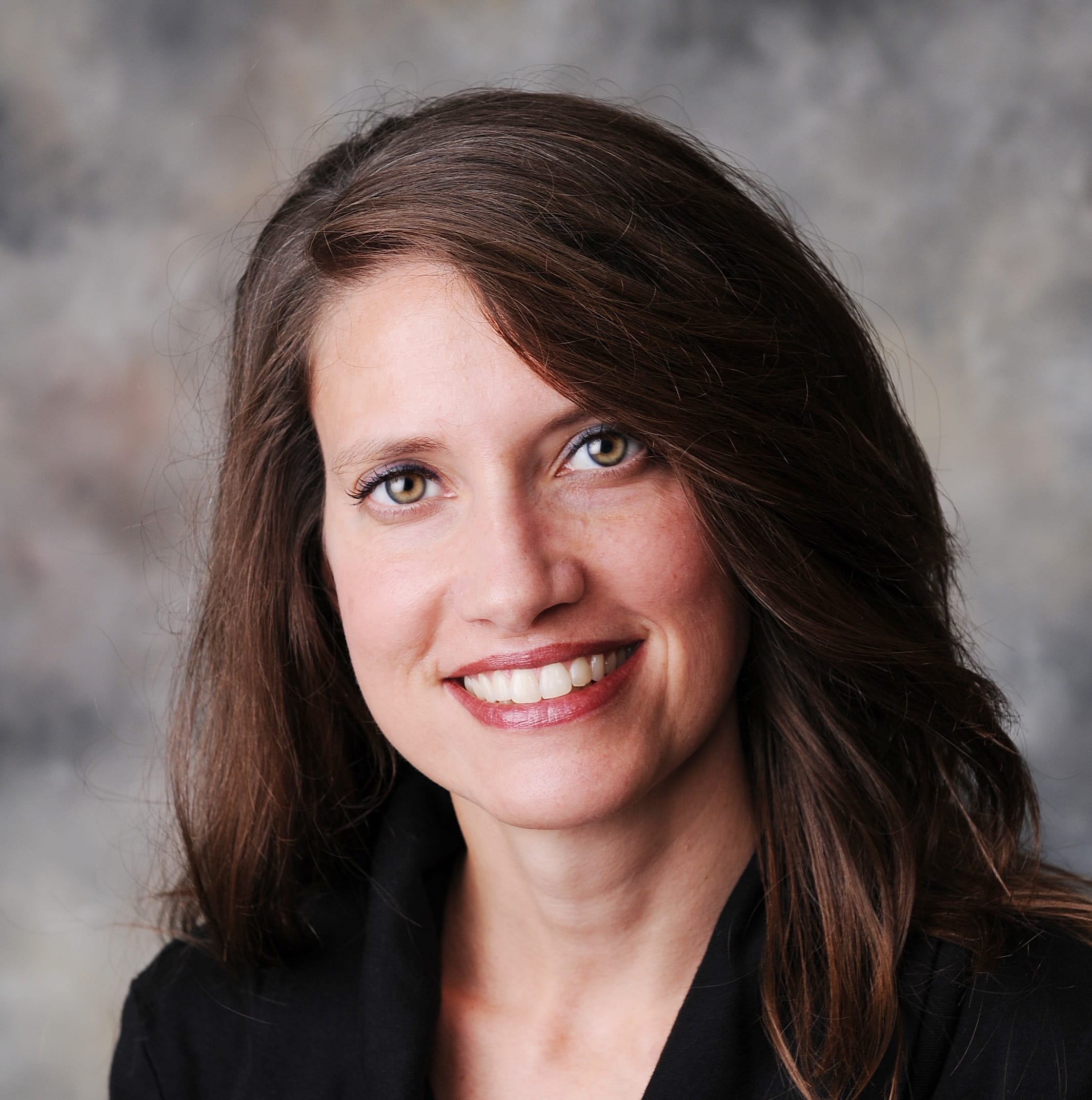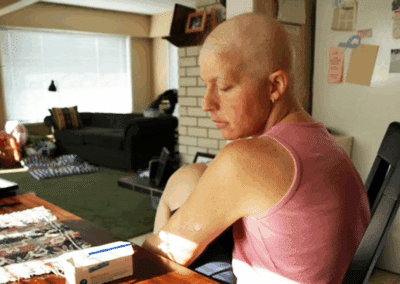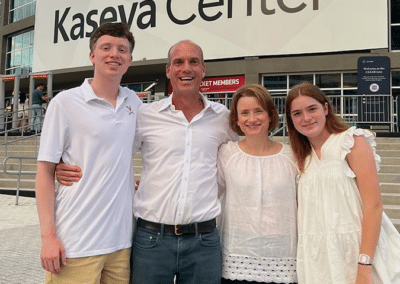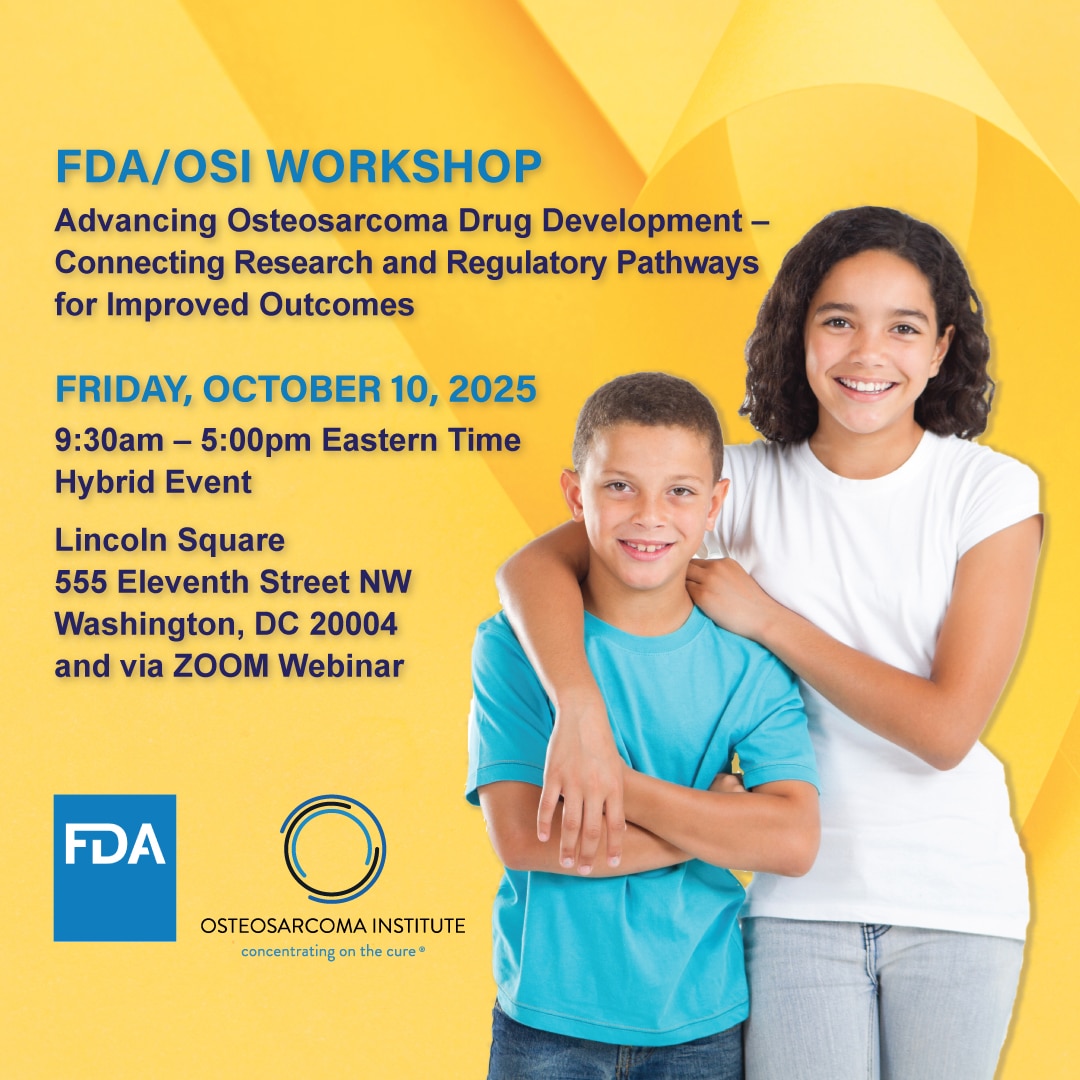Dr. Germann: Yes, it is hard for people, and parents especially, to see their kids sad. Everybody wants kids to be happy all the time, but the reality is, these kids have a lot to be sad about right now. It is important to let them feel, own, and process their emotions.
Dr. Oppenheim: Exactly. I remember a patient I worked with a couple years ago who got diagnosed right before her first major school dance. Right as it was about to happen, she completely lost her hair. And the dress that she had picked out did not fit because she had been on a steroid medication. Her family, her providers, her school administration, her friends — they all wanted to fix it — but she was not able to hear any of it, because she was not there yet. She really had to go through those steps of being sad and angry before she would accept any alternatives. And, by the way, she did. The hospital staff made her feel really special by bringing in a red carpet and balloons, and her mom surprised her with a couple of dresses to choose from, and she was very happy after all.
The Frontline: What else can loved ones do to emotionally support a child with cancer?
Dr. Germann: Between office visits, treatment, hospital admissions, and everything else, cancer makes life super unpredictable. I think it helps to have as much consistency as possible.
Where you can, stick to a routine. Think about what is really important for your family prior to diagnosis and then try to maintain at least some of that. As a minor example, if you are used to doing pizza and a movie on Friday nights, could you continue that tradition even if your child is in the hospital? Get creative. It is really not so much about the pizza and movie as it is the family bonding time.
Dr. Oppenheim: It is also important to know when to ask for a referral to a psychologist or counselor. Oftentimes people think you need to have some kind of mental health condition like anxiety or depression to see a therapist, but that is not true. Getting mental health support early on can be really helpful in the long run.
The Frontline: Where can families turn to get the support they need throughout a child’s cancer journey?
Dr. Oppenheim: In the beginning, there is usually an overwhelming outpouring of support that comes from their community. I encourage families to think about what kind of support they need and want. Is it a meal? Is it taking siblings to soccer practice? Setting up an Amazon wish list? Be prepared to ask for the type of help you want when people offer it.
Dr. Germann: If you have someone you can designate as the point person who can relay updates and organize meal trains and things like that, that can be helpful.
It is also helpful for families to see what kinds of support their hospital offers, in terms of peer groups or just connecting with other families who might be in a similar situation. Online resources can be helpful, too. Organizations like Elephants and Tea or Stupid Cancer lets patients connect and share their feelings, which can be validating. And b-present.org has a lot of great information on how supporters can be better supporters.
Dr. Oppenheim: Alex’s Lemonade Stand has a component called SuperSibs, which is designed specifically for sibling support. Camps are another nontraditional type of support. You can find weekend family camps and weeklong summer camps for patients and siblings through your hospital and pediatric cancer organizations. These camps are specific to cancer patients and are medically supervised so you can feel reassured about your child being away from home.


